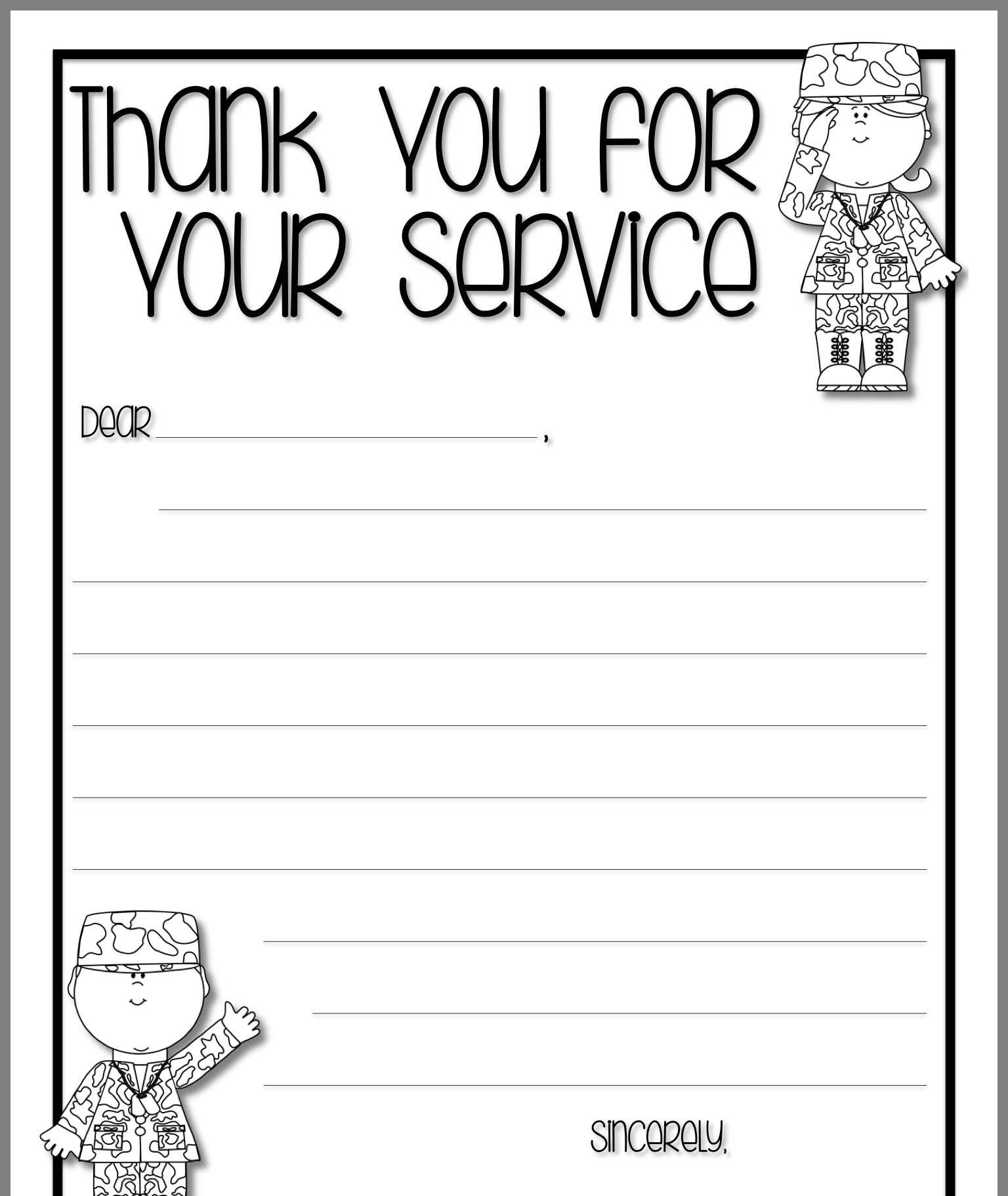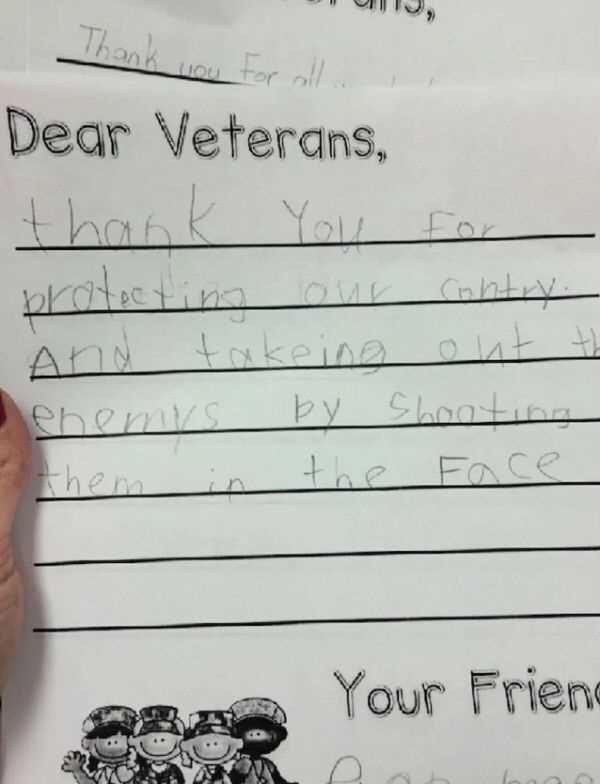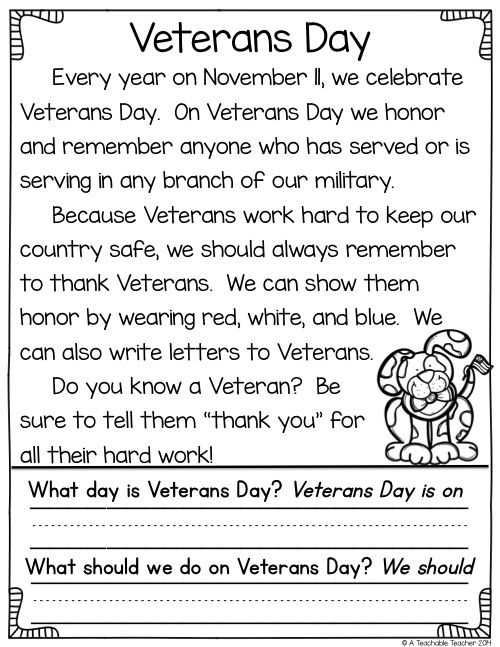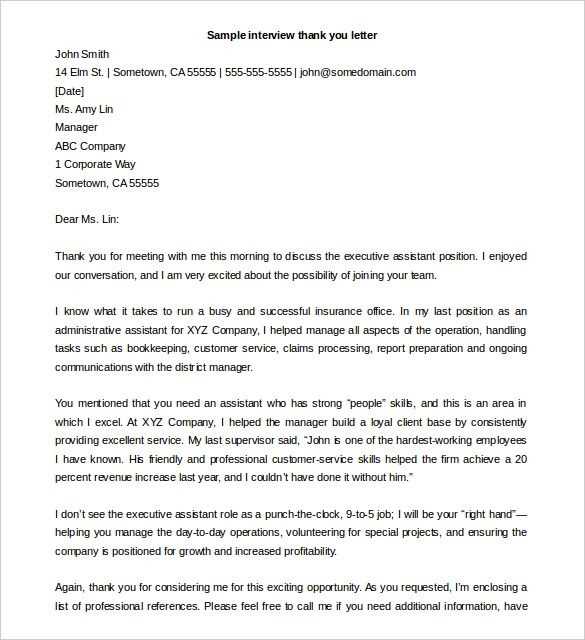Letter to veterans template

How to Express Your Appreciation

Writing a letter to a veteran requires sincere gratitude and respect. Focus on acknowledging their sacrifice and service in a straightforward and heartfelt way. Begin by addressing the veteran with their rank or title, and express appreciation for their dedication and bravery.
Structure of the Letter

- Opening Salutation: Greet the veteran by their preferred title, such as “Dear Captain [Last Name]” or “Dear Sergeant [Last Name].” This shows respect for their rank.
- Express Your Gratitude: Open with a thank you for their service. You can say, “I am truly grateful for your service and sacrifice for our country.” Be specific about the contribution you admire, like their commitment or courage.
- Personal Connection: Share how their service impacted you or others. This can include a reference to a specific event, such as their role in a conflict, or a general sentiment about veterans’ role in society.
- Offer Support: Let them know you’re available to assist or simply offer a kind word. Acknowledge their struggles, whether physical or emotional, and express your willingness to help if needed.
- Closing Remarks: Finish with a final note of appreciation. A simple “Thank you for everything you’ve done” will suffice, followed by your signature.
What to Avoid
- Don’t make the letter too long. Keep it concise and meaningful.
- Avoid generic phrases. Instead, personalize your words to reflect the veteran’s individual experiences.
- Steer clear of any statements that may be seen as patronizing or condescending.
In closing, remember that a short, sincere letter is often more impactful than a lengthy one filled with unnecessary details. The most important thing is that your message is authentic and thoughtful.
Letter to Veterans Template: A Practical Guide
Selecting the Appropriate Tone and Language for Your Letter
Essential Information to Include in Your Letter to Veterans
How to Address a Veteran Correctly in Your Letter
Formatting Advice for a Professional Letter to Veterans
Examples of Tailoring the Letter for Various Purposes
How to Show Appreciation and Acknowledgment in Your Letter

Use a respectful, warm, and sincere tone when writing a letter to a veteran. Acknowledge their service and sacrifices, but avoid overly formal or stiff language. The aim is to make the letter feel personal and meaningful, not distant. Be genuine, but always maintain respect.
Include the veteran’s name, rank, and the branch of service they were in, if known. It’s also helpful to mention specific service details if you’re familiar with them. Express gratitude for their service and the impact it has had. Avoid generic statements and instead focus on their individual contributions, if possible.
When addressing a veteran, use the appropriate military rank followed by their last name (e.g., Sergeant Johnson, Captain Smith). If you’re unsure of their rank, simply using “Dear Veteran” is respectful and acceptable. Always aim to be formal, yet approachable.
Format your letter professionally, beginning with your return address, followed by the date, and then the recipient’s address. Start with a polite greeting, followed by a clear and concise body of text. Conclude with a warm closing, such as “Sincerely” or “With appreciation,” and your signature.
Depending on the purpose of your letter–whether it’s for a thank-you, a memorial message, or an invitation–you may want to adjust the tone and content. For instance, a letter of thanks should focus more on their contributions, while a letter of invitation may include specific details about an event or gathering.
Always express your thanks clearly and thoughtfully. Recognizing their dedication, sacrifices, and accomplishments is key. Acknowledge how their service has positively affected the community, country, or family, and convey how their actions have made a difference.